Have you ever paused to consider how you would feed yourself and your loved ones if a sudden emergency or disaster interrupted your access to food? This question is not just for the survivalists or doomsday preppers. It is a profound aspect of modern living that affects everyone at some point.
Understanding Emergency Situations
Types of Emergencies
Disasters come in various forms, and they often strike when you least expect them. Natural disasters like earthquakes, floods, hurricanes, and tornadoes can disrupt the supply chain, making food inaccessible for days or even weeks. Then there are human-made emergencies like blackouts, economic crises, or pandemics that might dramatically affect food availability. Understanding these scenarios helps you prepare more effectively.
The Element of Surprise
Life is unpredictable, and emergencies often occur suddenly. Whether it’s a power outage or a severe weather event, having an emergency food supply acts as a safety net. Being prepared reduces panic and provides stability during uncertain times, allowing you more freedom to focus on other essential needs like shelter and safety.
The Basics of an Emergency Food Supply
What Constitutes an Emergency Food Supply?
An emergency food supply is a collection of food items stored specifically for use in emergencies. These items should be non-perishable, easy to prepare, and nutritious. They should provide you with enough energy and nutrients to sustain you until regular food sources are available. This food supply typically includes canned goods, dry grains, and ready-to-eat meals, chosen to last for at least several days, if not weeks.
Key Characteristics of an Emergency Food Supply
Your emergency food supply needs to meet several key requirements to be effective:
- Shelf Life: The longer the shelf life, the better. Look for foods that can last for years without spoiling.
- Nutrient Density: Choose foods that are nutritious and energizing. Your supply should meet your daily caloric needs while providing essential vitamins and minerals.
- Ease of Preparation: Opt for items that do not require cooking or, at the very least, need minimal preparation with little water or heat.
- Variety: To prevent meal fatigue, include a variety of foods in your supply, catering to different tastes and dietary needs.
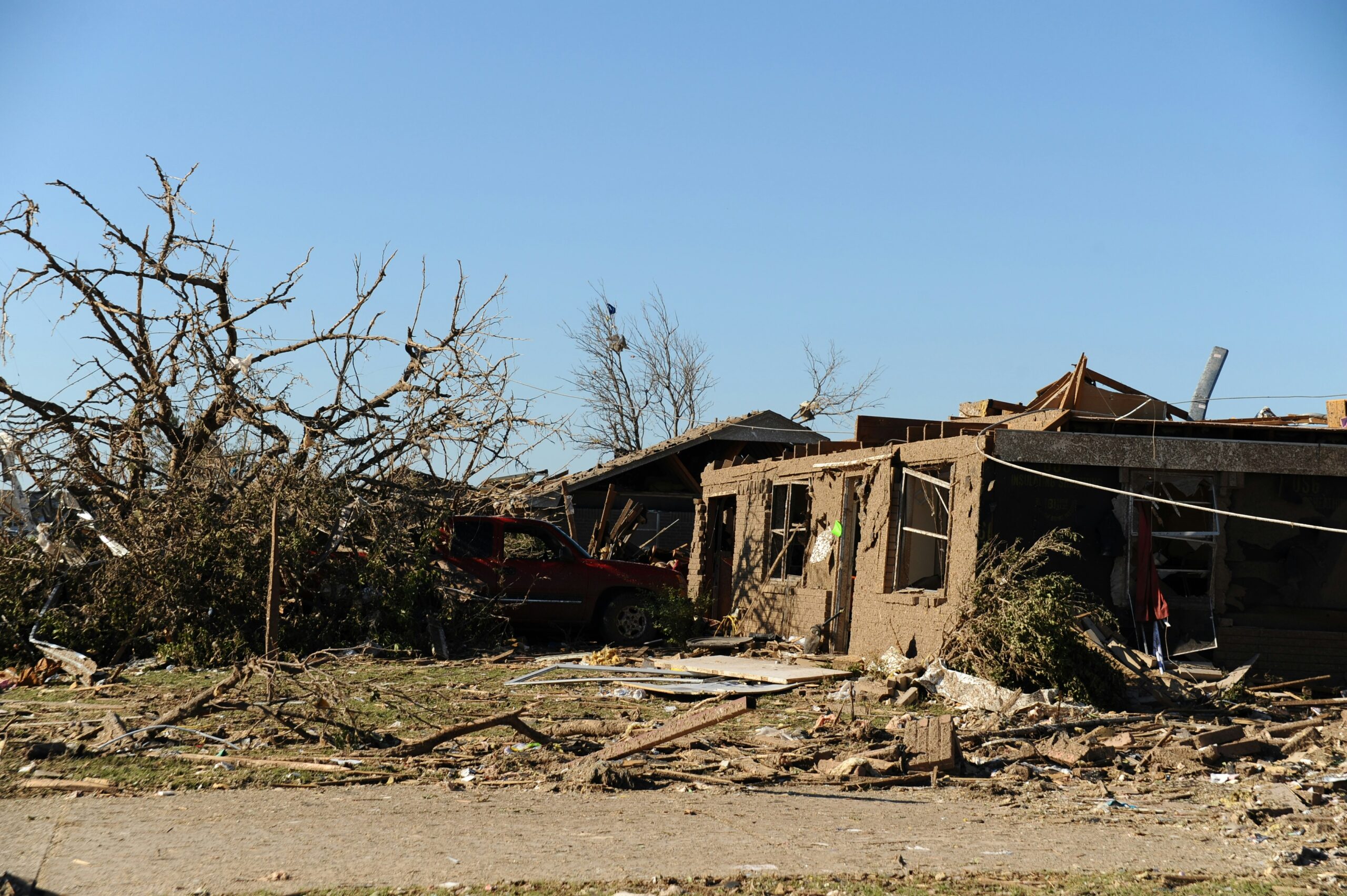
Why Preparation Is Critical
Immediate Access to Food
In the chaos following a disaster, stores often run out of essentials rapidly. If you start to notice empty shelves, it’s already too late to start thinking about your food supply. Having your emergency stash means immediate access to food without having to rely on potentially strained supply chains or emergency services.
Reduced Stress and Anxiety
Knowing that you have a plan in place, including a well-stocked emergency food supply, dramatically reduces the stress and anxiety that comes with crises. This preparedness empowers you to take control of one aspect of the situation, making it easier to manage other challenges such as procuring clean water or staying safe.
Building Your Emergency Food Supply
Steps to Get Started
Preparing an emergency food supply is simpler than it may seem. Here are some steps to guide you:
- Assess Your Needs: Consider the number of people you need to supply food for and any special dietary requirements.
- Calculate Duration: Decide how long you want your food supply to last. A good benchmark is to have at least three days’ worth of food per person.
- Make a List: Write down all the items you need and prioritize buying those with longer shelf lives and higher nutritional value.
- Storage Considerations: Store your food supply in a cool, dry place to ensure longevity. Consider investing in airtight containers to protect against pests and moisture.
Recommended Food Items
Below is a table of recommended items that can make a complete and balanced emergency food supply:
| Category | Examples | Shelf Life |
|---|---|---|
| Canned Goods | Vegetables, Fruits, Meats, Beans | 2-5 years |
| Grains & Cereals | Rice, Pasta, Oats | Up to 30 years if stored well |
| Proteins | Peanut Butter, Jerky | 1-2 years |
| Dairy Alternatives | Powdered Milk | 2-10 years |
| Snacks & Bars | Granola, Trail Mix | 1-2 years |
| Beverages | Bottled Water, Juice | Past printed expiration date |
| Supplements | Multivitamins | 2-4 years |
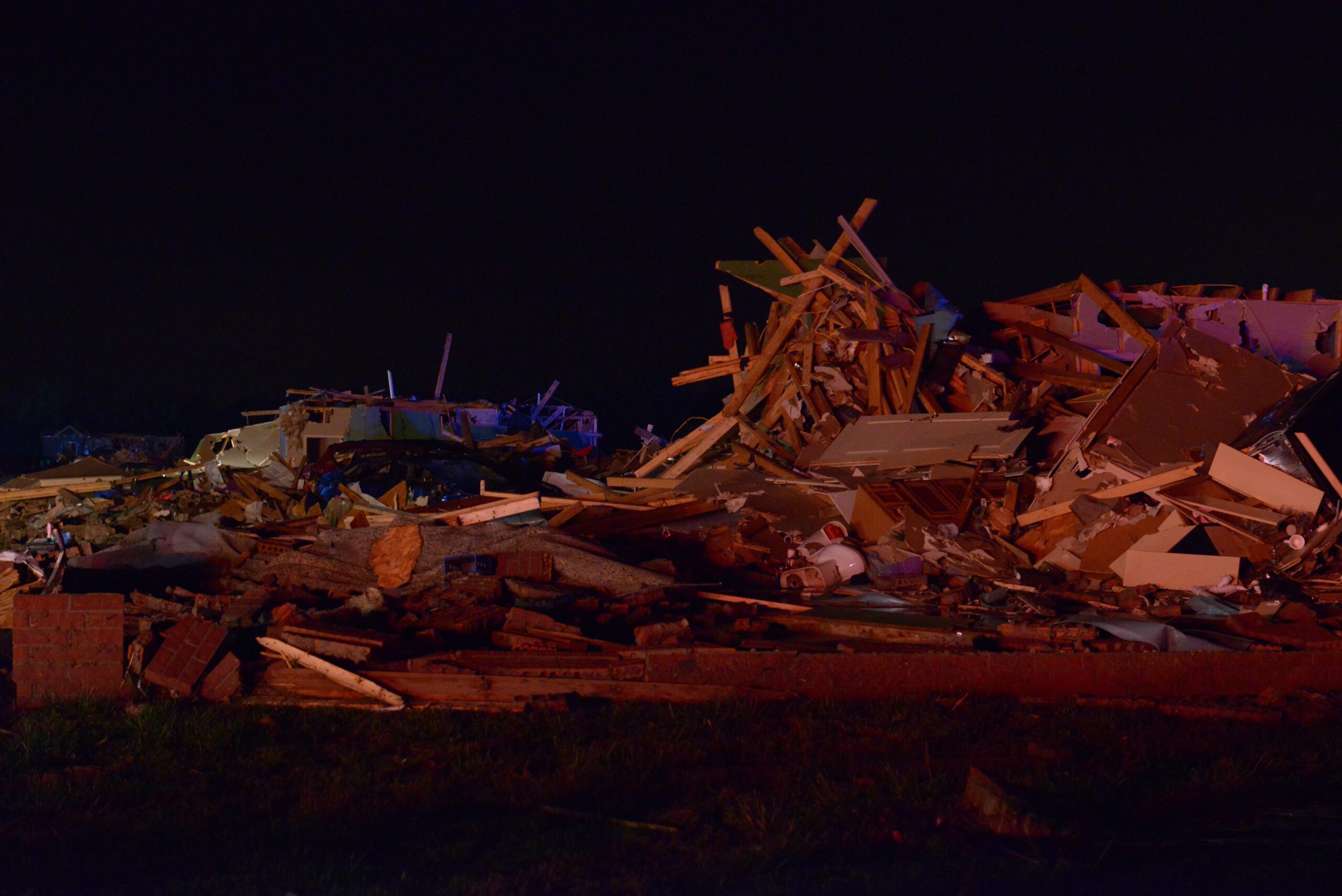
Maintenance and Rotation
Regular Checks
Maintaining your emergency food supply is as important as building it. Regularly check the expiration dates, and consume items before they expire. Adopt a first-in, first-out approach to ensure that the food remains consumable. This routine not only keeps your supply fresh but also familiarizes you with the taste and preparation of the items.
Seasonal Adjustments
Emergencies vary with seasons, impacting your food needs. In colder months, consider adding more calorie-dense and warming foods like soups and stews. During warmer periods, focus on hydration and include more electrolyte-boosting options.
The Psychological Benefits
Peace of Mind
The peace of mind that comes from knowing you’re ready for emergencies cannot be overstated. It allows you to be more proactive rather than reactive, markedly reducing the psychological strain during disasters.
Boosting Morale
Food does more than just nourish the body; it boosts morale and provides comfort. Having small treats or a familiar favorite in your emergency kit can lift spirits and provide a moment of joy amid adversity.
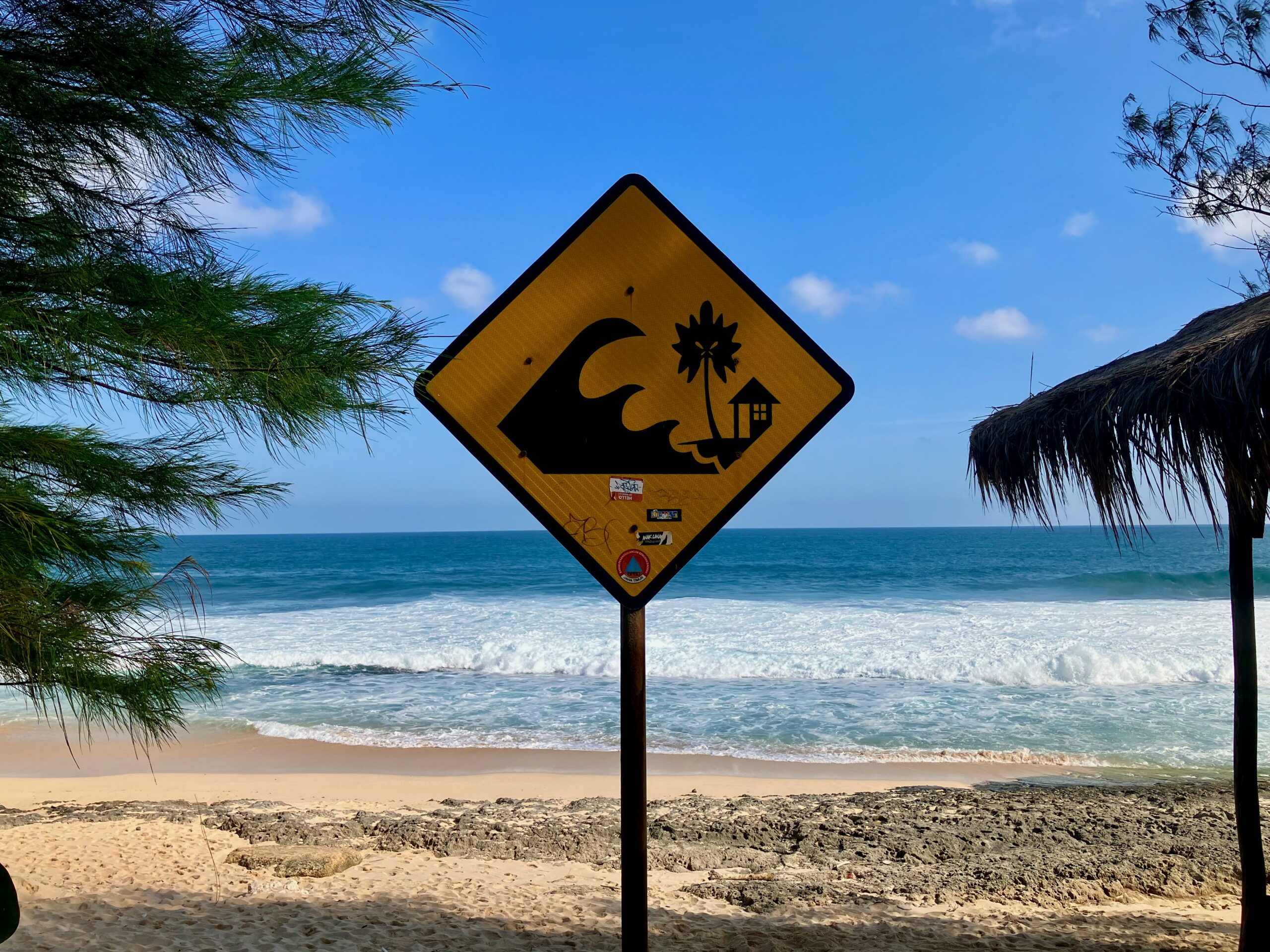
Beyond Food: Comprehensive Preparedness
Other Essential Supplies
An emergency is about more than just food. Consider gathering other essentials such as water, first-aid kits, warm clothing, and emergency tools. Water is particularly crucial, as humans can survive far longer without food than without water.
Creating an Emergency Plan
A well-thought-out emergency plan that includes communication strategies, evacuation routes, and meeting points for family members is indispensable. Practice this plan regularly to ensure everyone knows their role and responsibilities.
Practical Tips and Strategies
Budget-Friendly Stocking
Building a food supply doesn’t have to break the bank. Purchasing items in bulk, using coupons, and stocking up during sales are effective ways to maintain your budget while enhancing your stockpile. Aim to buy one additional item during each regular shopping trip to slowly build your supply.
Make it a Routine
Incorporate checking your emergency food supply into a regular routine, such as during seasonal cleanings. Not only does this keep your pantry fresh, but it also fosters a habitual sense of preparedness.
Community Engagement
Engage with your community to help others understand the importance of an emergency food supply. Shared knowledge and resources can become invaluable during widespread emergencies, and communal support often enhances personal resilience.
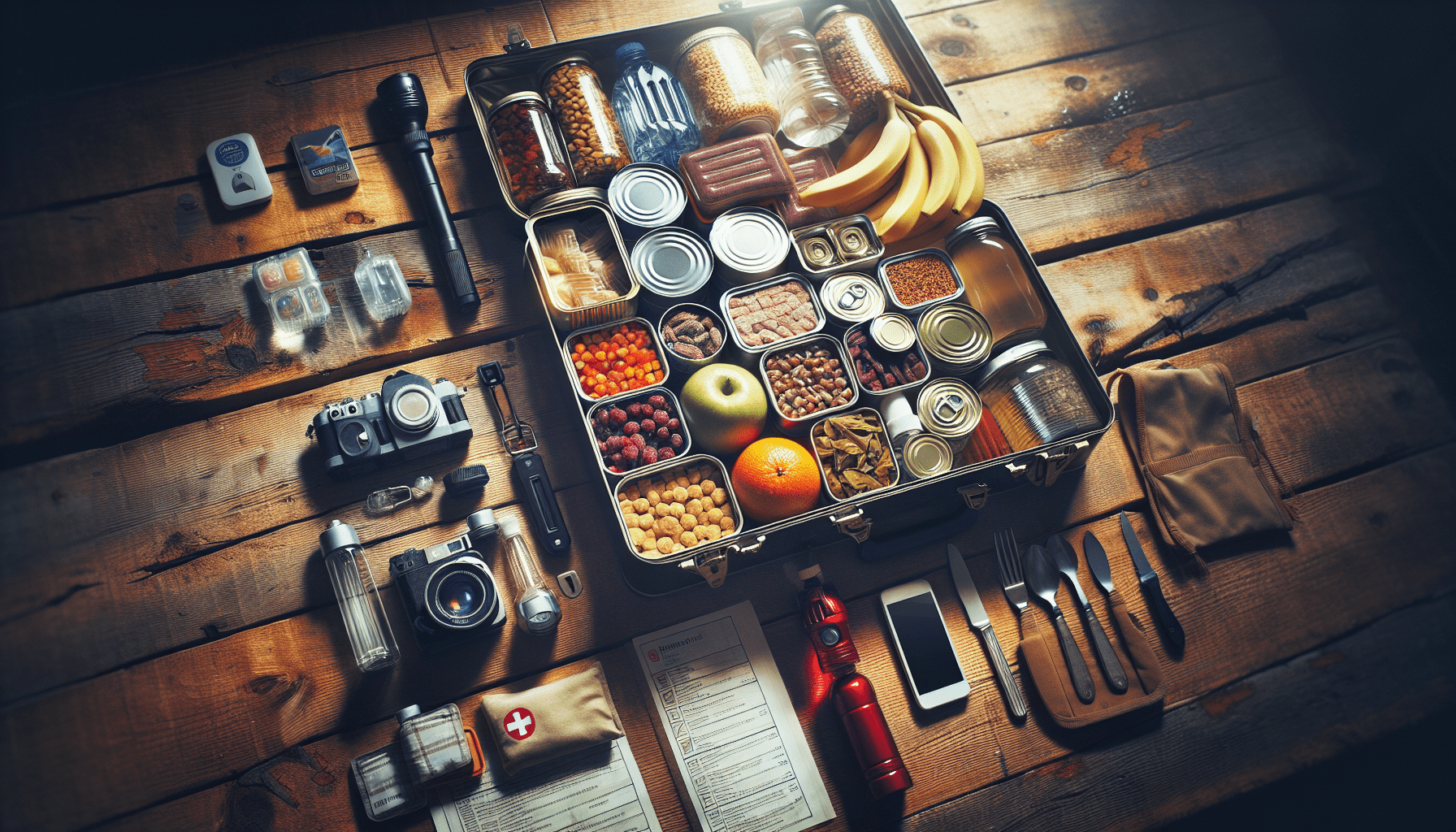
Evaluating Your Current Situation
Perform an Audit
Conduct a thorough audit of your existing supplies to determine gaps or surpluses. This assessment clarifies which areas need attention and guides future purchasing decisions.
Assess Risk Factors
Consider your location’s specific risks. For instance, those in hurricane-prone regions might prepare differently than those in earthquake zones. Understanding unique local risks dramatically improves the effectiveness of your emergency plans.
The Bigger Picture
Sustainability Considerations
How does your emergency food supply fit within a more sustainable lifestyle? Consider eco-friendly packaging and the environmental impact of your choices. Sustainable options often include less waste and longer shelf lives.
The Role of Technology
Explore how technology can assist in maintaining your emergency food supply. Mobile apps and spreadsheets can track expiration dates, manage inventory, and automate reminders for re-stocking.
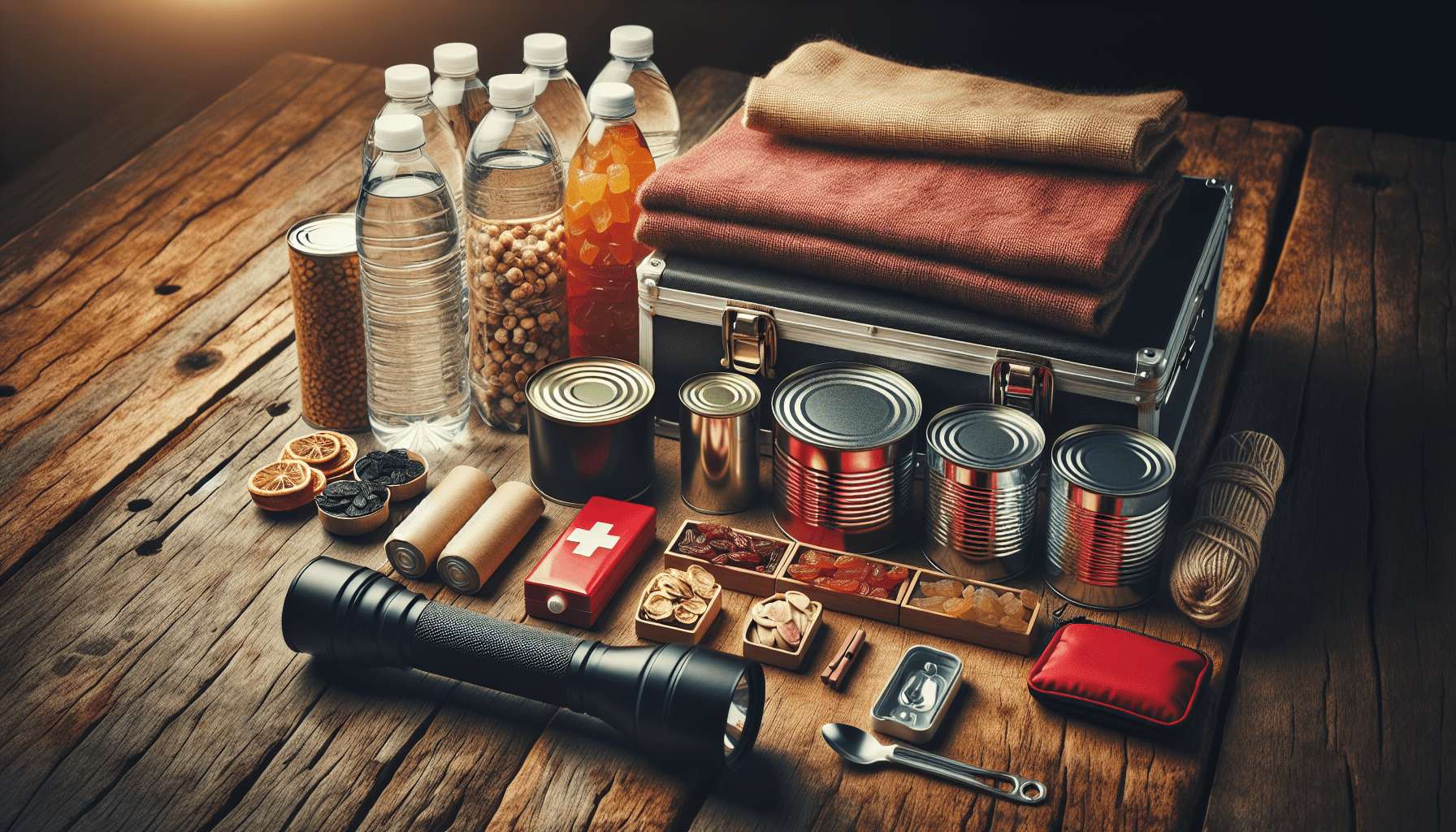
Conclusion
Having an emergency food supply is not just a precaution—it’s a component of modern responsible living. It ensures that you and your family remain safe, healthy, and resilient in the face of unforeseen events. By understanding the types of emergencies, building and maintaining a supply, and integrating comprehensive preparedness plans, you ensure a greater sense of security and wellbeing. Ultimately, the effort you put into preparing today can make a substantial difference tomorrow.

